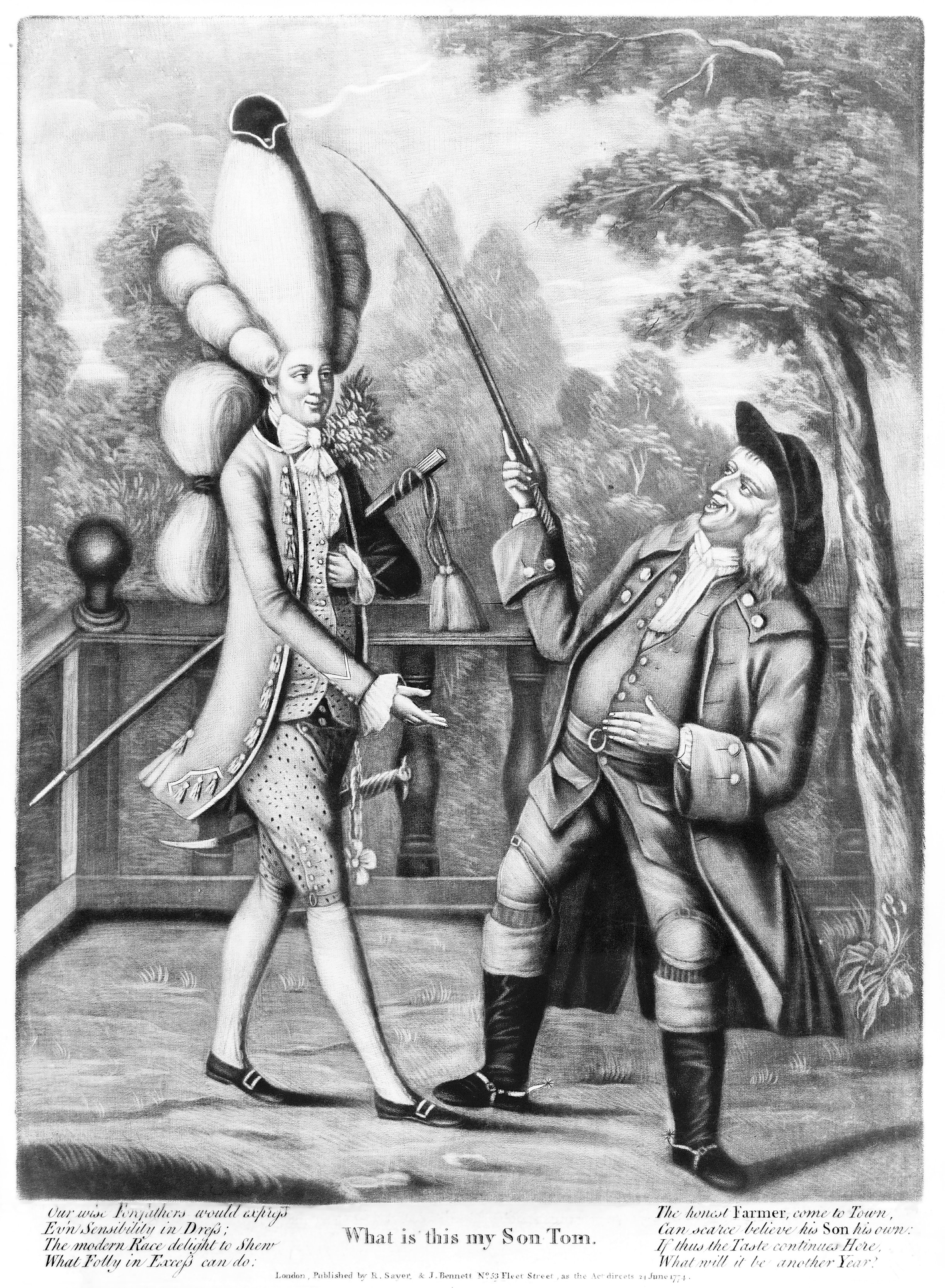"Wilson stood gloomily by his bed in the Bedford Hotel and contemplated his cummerbund, which lay uncoiled and ruffled like an angry snake; the small hotel room was hot with the conflict between them. Through the wall he could hear Harris cleaning his teeth for the fifth time that day. Harris believed in dental hygiene. 'It's cleaning my teeth before and after every meal that's kept me so well in this bloody climate,' he would say, raising his pale exhausted face over an orange squash. Now he was gargling; it sounded like a noise in the pipes.
Wilson sat down on the edge of his bed and rested. He had left his door open for coolness, and across the passage he could see into the bathroom. The Indian with the turban was sitting on the side of the bath fully dressed; he stared inscrutably back at Wilson and bowed. 'Just a moment sir,' he called, 'If you would care to step in here...' Wilson angrily shut the door. Then he had another try with the cummerbund.
Film still from The Lives of a Bengal Lancer, 1935.
He had once seen a film--was it Bengal Lancer?--in which the cummerbund was superbly disciplined. A turbaned native held the coil and an immaculate officer spun like a top, so that the cummerbund encircled him smoothly, tightly. Another servant stood by with iced drinks, and a punkah swayed in the background. Apparently these things were better managed in India. However, with one more effort Wilson did get the wretched thing wrapped around him. It was too tight and it was badly creased, and the tuck-in came too near the front, so that it was not hidden by the jacket. He contemplated his image with melancholy in what was left of the mirror." (61)
Greene, Graham. The Heart of the Matter. Middlesex, UK: Penguin Books, 1962 [1948].
I like thinking of Wilson having watched many movies about Brits abroad in the great Empire and imagining how lovely and well-put-together and not-at-all-sweaty his life would be. The cummerbund, a British trope of Indian origin, is here representative of all of the struggles coiling around him, unavoidable but completely unmanageable.

